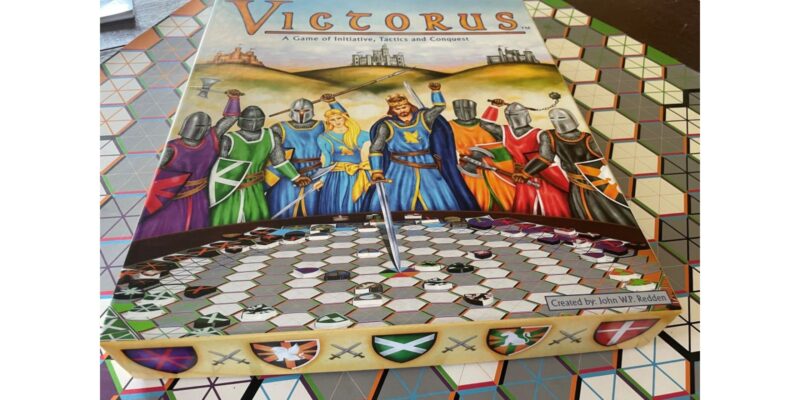For many, strategy games offer the perfect blend of challenge, critical thinking, and the thrill of victory. These games transport players to another time, often filled with knights, castles, and grand conquests. In a world where strategy, resilience, and clever maneuvering are crucial to success, conquering the board becomes more than just winning; it’s about honing skills, testing your tactical thinking, and achieving the satisfaction of outsmarting your opponents. In this article, we discover what makes medieval strategy games so rewarding, why they offer an enriching experience, and how they can elevate your cognitive abilities.
The Thrill of Battle and Conquest
The heart of any medieval strategy game lies in the immersive experience of battle and conquest. These games often transport players to a time where knights, royalty, and grand armies clashed for power and control. Players enter a medieval world, where every move matters and every decision has consequences. The goal is simple: conquer the central territory and claim the coveted crown of kings. However, this challenge requires more than just a lucky roll of the dice or random moves. To succeed, players must carefully plan, anticipate their opponents’ tactics, and navigate a dynamic battlefield.
The reward comes from executing successful strategies, where each victory feels like a well-earned triumph. The strategic decisions-whether advancing your knights, defending your castle, or making alliances-add layers of complexity and excitement to the game. It’s not just about outsmarting your opponents; it’s about thinking several moves ahead, like a chess grandmaster in a medieval setting.
Cognitive Development Through Play
One of the most rewarding aspects of medieval strategy games is their ability to sharpen the mind. These games require players to use critical thinking, problem-solving, and analytical skills to overcome obstacles and achieve victory. Players must analyze the board, assess risk, and consider the long-term effects of their moves. Every game offers an opportunity to improve and refine these skills, making each session both entertaining and educational.
As you maneuver your knights and guide your royal family to victory, you’re exercising your cognitive abilities. You’re learning how to make informed decisions, manage resources effectively, and weigh the consequences of every choice. This type of mental exercise is not only fun but also helps improve your overall critical thinking. It’s a perfect example of how a middle age strategy games can provide both enjoyment and cognitive benefits, leaving you with a sense of accomplishment each time you conquer the board.
The Social Aspect of Strategy Games
Another reason why medieval strategy games are so rewarding is their social aspect. These games often involve teamwork, alliances, and friendly competition, which create opportunities for camaraderie and social interaction. Players can work together to form alliances, negotiate, and strategize, or they can compete head-to-head to claim dominance on the board. Either way, the experience fosters a sense of connection and shared enjoyment.
Victory in these games is often more than just personal achievement; it’s about the collective experience of playing together. If you’re playing with friends or family, the excitement of winning feels even better when shared with others. The ability to interact, collaborate, and sometimes deceive in the quest for power brings a sense of community to the game, making the experience even more fulfilling.
The Challenge of Resilience
In medieval strategy games, resilience plays a key role in success. The path to victory is rarely straightforward. Players will face setbacks, unexpected moves from opponents, and the occasional stroke of bad luck. How a player responds to these challenges is crucial. Do they give up when things aren’t going their way, or do they stay focused and adjust their strategy? The ability to recover from setbacks, adjust plans, and keep moving forward is what separates the winners from the losers.
This element of resilience adds a layer of depth to medieval strategy games. It’s not just about making the right moves at the right time; it’s about being adaptable, learning from mistakes, and persevering through difficult situations. Every game presents a new challenge, which makes each victory feel more rewarding.
Takeaway Messages
In the world of medieval strategy games, the satisfaction of conquering the board goes beyond winning; it’s about sharpening your mind, building resilience, and fostering connections with others. These games offer players the opportunity to immerse themselves in a world of tactics, alliances, and royal conquest, while also improving their cognitive abilities. If you’re maneuvering knights or guiding your royal family to victory, the experience of playing medieval strategy games is one that offers both mental stimulation and a deep sense of accomplishment. So, next time you sit down to play, remember that the real reward is not just the victory but the skills and camaraderie you gain along the way.
